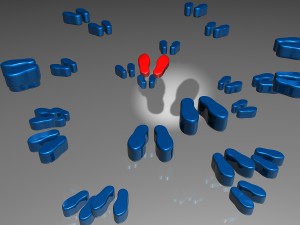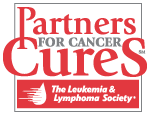There is an old joke about the Farm Bureau agent trying to convince the grizzled farmer to attend the upcoming educational conference being put on by the Bureau. The resistant farmer says: “Aw, no need. I ain’t usin’ half of what I already know.”
That, of course, is not the point.
The academic cliché is: knowledge is power. This is a falsehood concocted by the earliest organizers of universities and promoters of higher education, and it may at least partly explain why there are so many frustrated, broke scholars and teachers, and why universities need donations i.e. hand-outs from people who do figure out what produces wealth and power.
The vast majority of business owners have more than enough knowledge about their core business and the core skills it requires, for its deliverable, be that fixing meals or fixing cars or fixing teeth. If they lack, it is know-how to package, present and promote that in a commercially viable, competitively successful manner, or to manage customers, or staff, or money. But even equipped with ample supply of all that knowledge, many starve.
Because. It’s not what you know; it’s what you do. 
Reading, listening, exposing yourself to different and repetitive, reinforcing ‘takes’ on the same information and ideas, association with high-performers and expert coaches and advisors all helps, not so much by stuffing more and more and more knowledge into the putty between your ears, but in motivating you to take it out and put it to good use.
Motivation by association vs. the costs of isolation, under-rated by most.
While it is true that all successful people are ultimately self-motivated; meaning they decide and do, rather than being told and made to do; it is also true that they create environments for themselves that facilitate self-motivation. I like to ask myself what I know today that I didn’t know yesterday, not so much because I need more knowledge – I’m like that farmer, I’m not using what I already know – but because that new information may motivate action on my part that liberates value stored in my entire knowledge base.
People fail to advance for two reasons: static thinking and inaction. Conversely, financial growth tends to follow or at least occur in concert with personal growth. If you are not engaged in a deliberate program of personal growth, your efforts to grow your business or bank account are undermined. It’s not just what you do in terms of things, and getting things done, but what you do about getting better and being more effective at the things you do. Building a better you. Not just better advertising, marketing, products and businesses.
– By Dan S. Kennedy, serial entrepreneur, from-scratch multi-millionaire, speaker, consultant, coach, author of 13 books including the No B.S. series, and editor of The No B.S. Marketing Letter. FOR A SPECIAL FREE GIFT FROM DAN FOR YOU including newsletters, audio CD’s and more: visit: www.FreeDanKennedyNewsletter.com

 2 Comments
2 Comments


Great article Chris! You know your stuff!
Regards,
David Haines Anytime!
Hey Chris, so true… static thinking and inaction lead to absolute failure. It’s really dangerous when you combine fear with the formula. Excellent post!